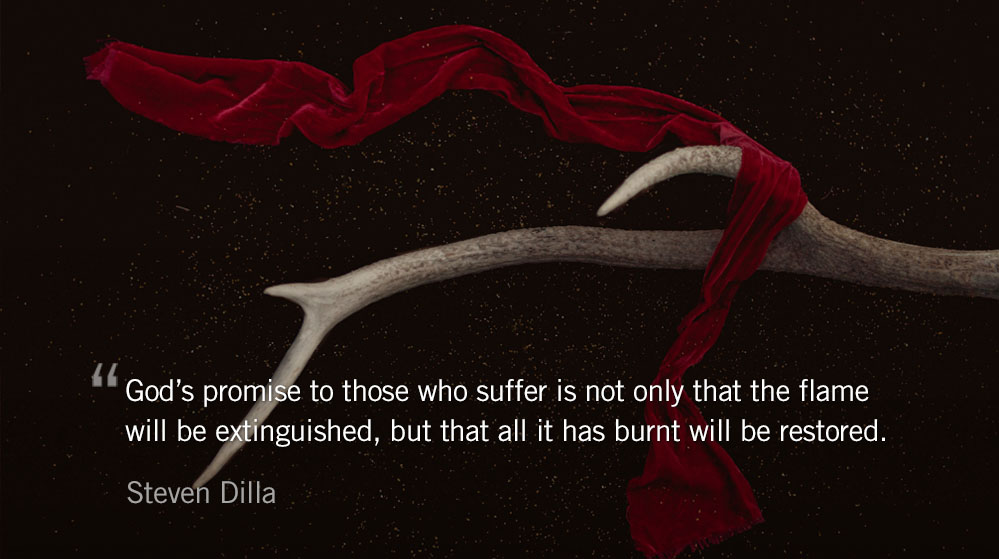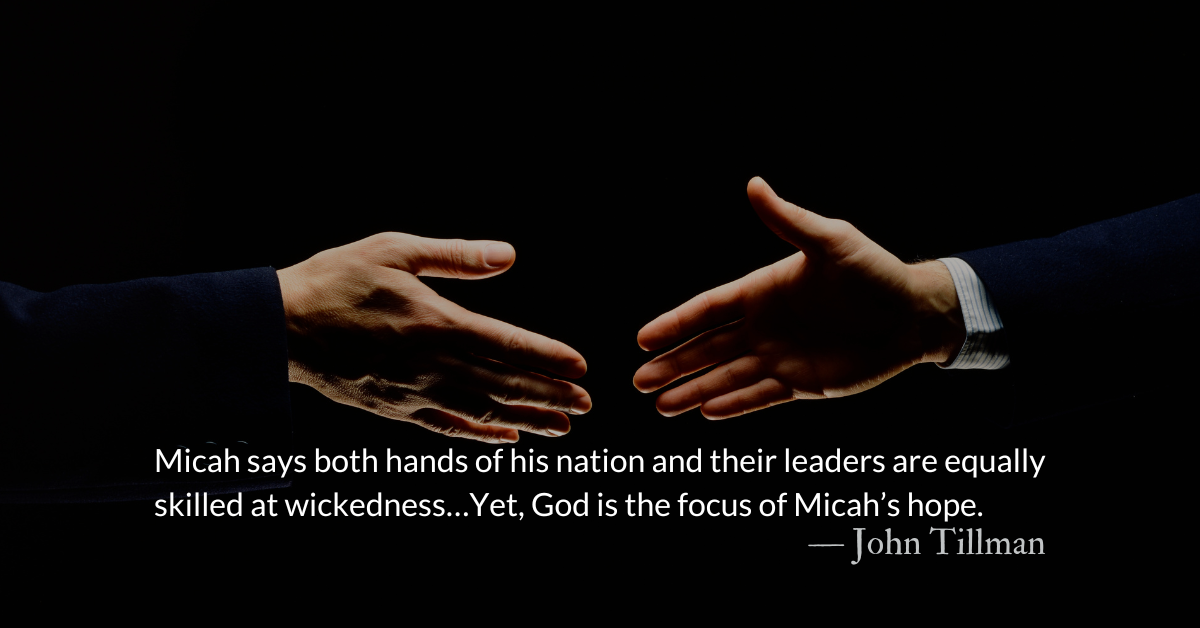Exodus 3.5
“The angel of the LORD appeared to Moses in a flame of fire out of the midst of a bush. He looked, and behold, the bush was burning, yet it was not consumed.”
The burning bush appeared at the height of Israel’s suffering. Early rabbinic writings understood the bush to be a symbol of ancient Israel, persevering under the flame of Egypt’s brutality.
The Greek philosopher Philo expanded the rabbis’ imagery to include all of humanity. “For the burning bramble was a symbol of those who suffered wrong, as the flaming fire of those who did it,“ he explained in his work, On the Life of Moses.
Philo was a contemporary of Christ, although the two never would have met (Philo was an aristocrat in Alexandria). The philosopher spent his life exploring the synergy and tension of Jewish scriptural study and Stoicism. Among other things, his writings revealed through scripture what he could not find in philosophy — like meaning in suffering.
“Christianity teaches that, contra fatalism, suffering is overwhelming; contra Buddhism, suffering is real; contra karma, suffering is often unfair; but contra secularism, suffering is meaningful,” says Timothy Keller In Walking with God through Pain and Suffering. “There is a purpose to it, and if faced rightly, it can drive us like a nail deep into the love of God and into more stability and spiritual power than you can imagine.”
Though we burn, we are not consumed. This is the mere beginning of God’s grace. Endurance is the deposit guaranteeing great reward. God’s promise to those who suffer is not only that the flame will be extinguished, but that all it has burnt will be restored.
The prophets joyfully proclaim God is the one who will return the wasted years. The New Testament crescendos with no more tears, no more death, no more pain — all of it replaced by new life.
It is the cross that is the enduring symbol of the Christian faith, not the burning bush. The bush reminds us that God always hears the cry of his people. The cross shows us that God stops at nothing — moving heaven and earth, even sacrificing his beloved — to bring them restoration.
Prayer
Lord, we trust you, even in the face of suffering. Because of you, our suffering will not drive us to despair. You will not forsake us. May we always carry the death of Jesus, so that the life of Jesus may also be manifested in our lives.
Quiet Trust in an Anxious World
Part 5 of 5, read more on TheParkForum.org
Today’s Readings
Exodus 3 (Listen – 3:59)
Luke 6 (Listen – 6:46)
___________________________________
This Weekend’s Readings
Saturday: Exodus 4 (Listen – 4:17); Luke 7 (Listen – 7:14)
Sunday: Exodus 5 (Listen – 3:15); Luke 8 (Listen – 8:09)
___________________
FAQs
How can I make a tax-deductible donation? Click here.
How can I get these devotionals in my inbox? Click here.
What is the reading plan this blog is based on? Click here.
___________________________________








